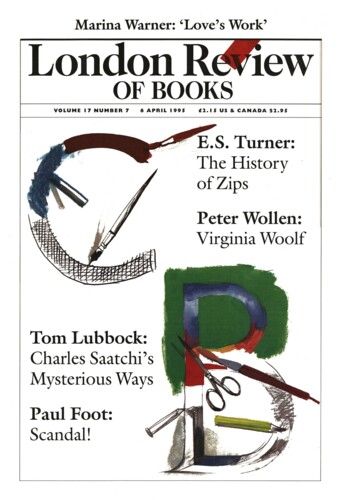Mr Sharp gets out of the taxi.
He doesn’t smoke but lights his pipe.
His various friends walk up and down.
‘And this? What do you call this?’ says the driver.
‘In the land I come from,’ says Mr Sharp,
‘it is called a taxi.’ Then he waits on the quiet platform.
‘Good seats but a bad train. Don’t you think?’
Someone is speaking. ‘And that trunk beside you,
is it heavy?’ ‘Heavy? Why, yes,
it is heavy, inside it I have the whole
city of Budapest.’ ‘Ah Budapest! always
so beautiful; myself I am travelling west.’
And it’s so strange to stroll from the train
straight into the capital. There are not many houses
in the little street, just a boy eating a crayon.
He has visited his uncle, a village far in the hills,
traversing the woods beyond the stormy river.
Now he is home. He opens the door and explains.
You see a courtyard beyond the courtyard
and remember the work of a well-known artist:
a scatter of clouds in the sky, and sunlight
on the fine new library – ‘one that will surely hold
all of our books.’ And beyond there are pinewoods,
included, of course, to make the picture perfect.
‘A few leaves, a few clouds, and
the fat doctor was halfway up the stairs.’
How my heart sank when I saw him!
But he behaved magnificently, unlike,
I must say, my publisher, who is pleasant enough
but won’t even glance at my poetry.
Now here is my coffee, just as I like it.
The town is still whole, and very interesting,
and my leg is well again, thank you,
after my recent trip to Australia. The mist
will be gone by the weekend. We shall sing
and stroll in the surroundings
for Autumn is always pretty in these parts,
black smoke on the trunks,
old towns with towers and medieval houses,
and then there is always the spring:
I like to wait for my late lady friend
whenever the ice on the Danube is breaking.
He carries the lady’s fur on his arm.
He has already waited for 17 minutes,
eyeing the five or six plain girls who are also waiting.
So sad that this is only a Hungarian lesson.
But my dear fellow, it goes without saying.
It goes without saying.
Well, he sent her a postcard but, the fool,
he should have known she wanted a letter!
On what trivialities it depends, whether one takes a wife.
I suppose I should write all this down.
Now let us stroll with our valuables,
as no one here is inclined to be punctual.
‘He was always speaking of the Great Powers,
my thoughtful young friend; so much of a hurry.
Why he almost ...’ But look, the porter
holds out his empty hand. ‘What,
please, is this?’ ‘Ah, in New Zealand,’
says Mr Sharp, ‘we call that the tip. Taxi!’
Hence the pale, hopeless voice of the waiter,
who knows that my soup tastes like a ticket
for a magnificent cruise on the Danube.
Ah my love, on the coast of the past
and desiring to make your acquaintance,
tell me, where shall we dine tonight?
But now I prefer my Hungarian lesson,
so we want none at all of this music.
‘The hotel is nice with rather small rooms
and we left a few coins on the table;
then the waiter came and took the cutlery, yes,
while the bread it remained in the basket.’
And see, our friends, smiling and chatting,
have already left the garden. They argue
whether the Chain Bridge is older,
and therefore a little more beautiful. Why?
Curd tart or poppy noodles? Of course you do.
Goodbye, goodbye, goodbye ...
‘A tranquil place, but I really preferred it
in Linz.’ Her impertinent nose
which I glimpsed through the powder.
And now this wonderful night at the theatre.
We sit in the clumsy audience,
and kiss a great deal as the great curtain rises.
Send Letters To:
The Editor
London Review of Books,
28 Little Russell Street
London, WC1A 2HN
letters@lrb.co.uk
Please include name, address, and a telephone number.

